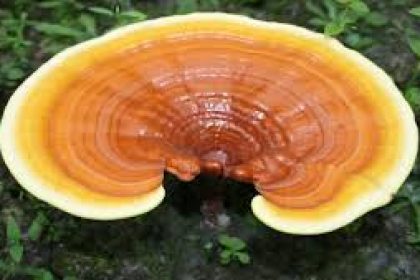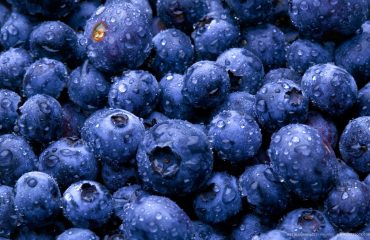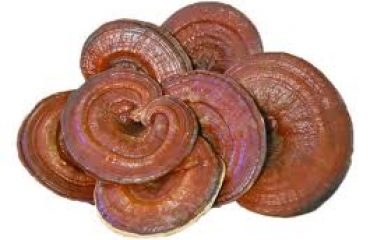The medicinal properties of Turkey Tail mushroom

“Turkey Tail” mushroom, Yun zhi, polysaccharide K (PSK), polysaccharide-peptide (PSP), versicolor polysaccharide (VPS)
What are the medicinal properties and how is it used?
Traditionally, our ancestors boiled mushrooms in water to make a soothing tea. Boiling served several purposes: killing contaminants, softening the flesh, and extracting the rich soluble polysaccharides. The mushrooms — called fruiting bodies by mycologists — are made of densely-compacted cobwebby cells called mycelium. With modern laboratory methods of cell tissue culture, the large-scale production of mycelium brought to light a whole new array of medicinal preparations. Nowadays, the commercial production of mycelium enables a cleaner and more digestible product than traditional mushroom preparations. Surprisingly, novel compounds are continually being discovered, which are not available using traditional preparations of the fruiting bodies, but are detectable within, and excreted from the rapidly growing mycelium.
The natural killer cells promoted by ingesting turkey tails also target virally-infected cells. Moreover, turkey tail mycelium excretes strong antiviral compounds, specifically active against Human papillomavirus (HPV), which causes cervical cancer, and hepatitis C virus (HEP-C), which causes liver cancer. Viruses that induce cancer are called “oncoviruses.” The virus-to-cancer connection is where medicinal mushrooms offer unique opportunities for medical research. The current thinking amongst many researchers is that turkey tails and other medicinal mushrooms lessen the odds of getting cancer by reducing causal co-factors such as oncoviruses.
Turkey tail is renowned in Asia as a source for cancer therapy. The Japanese company Kureha first screened many polypore mushrooms and found that turkey tails produced a profound immune response, a discovery confirmed by many other subsequent studies. The Kureha researchers received a patent for extracting both the mycelium and mushrooms in 1976 and derivative U.S. patents through 1981 (long since expired). The extraction method led to marketing “PSK” (polysaccharide Krestin®) and later “PSP,” both protein-bound polysaccharides. PSK became recognized as a cancer drug in Japan and approved under somewhat controversial conditions. Before approving a foreign-made drug, the United States Food and Drug Administration (FDA) has many requirements. One is that the Active Principal Ingredient (API) needs to be disclosed. Therein lies the problem. PSK is an assortment of sugars and attached proteins but has no unique molecule responsible for its impact on the immune system. Without that API, verification from batch-to-batch is not possible. Thus, it is classified as an undefined drug. This is one reason why PSK cannot be legally imported nor marketed in the United States.

